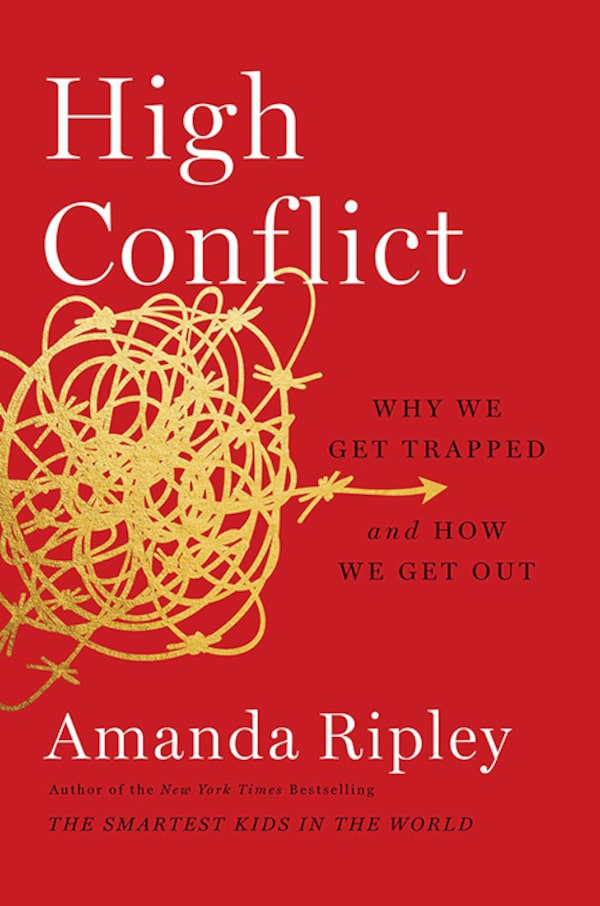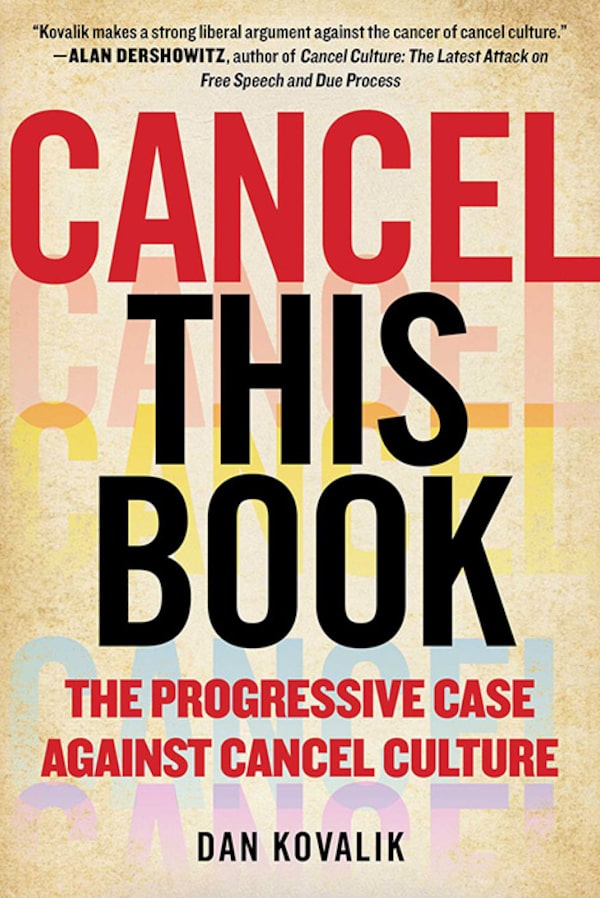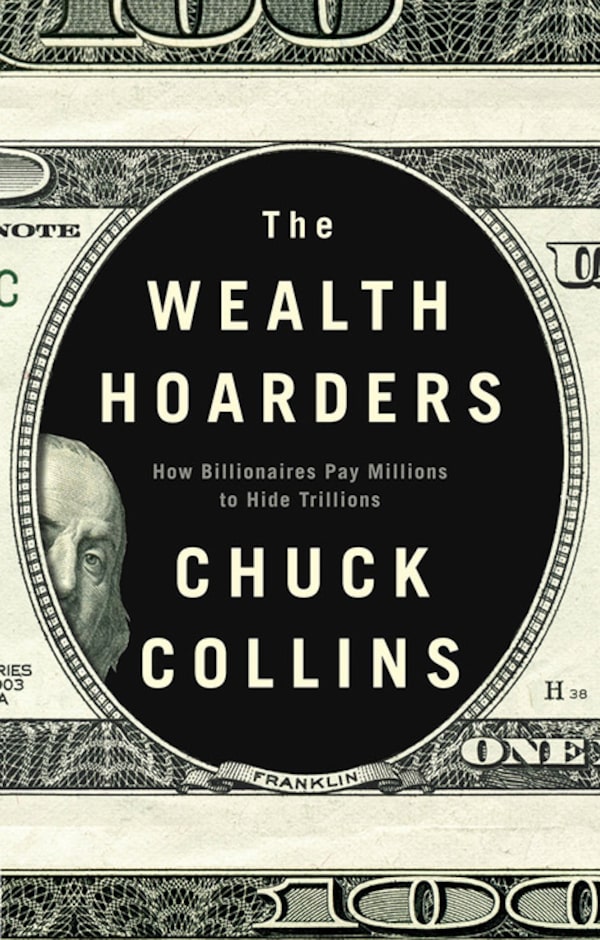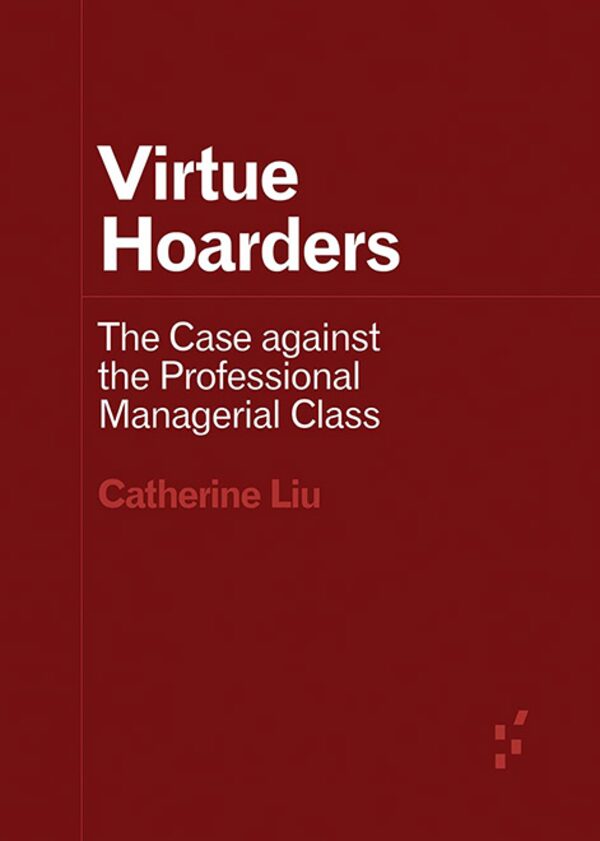Nigerian writer Chimamanda Ngozi Adichie.The Globe and Mail
Many authors I interviewed this year spoke about what a strange, surreal task it is to digest the COVID-19 crisis in real time – and reflect this new reality in writing. Camilla Gibb, Toronto author of The Relatives, recently pointed me toward telling comments from the Israeli novelist David Grossman, speaking at the virtual Frankfurt Book Fair last year.
“To look straight at it, and at its repercussions, is almost like looking straight at the sun,” Grossman said of the pandemic. “But many of us have frequently looked into one sun or another – and told of what we saw.”
The writer’s task in times like this, he stressed, is to bear witness. And indeed, his call has been taken up. The first wave of books is hitting shelves, with a range of titles thinking through how the pandemic is reshaping society, from the personal to the political. There will be more to come.
High Conflict: Why We Get Trapped and How We Get Out, Amanda Ripley (Simon & Schuster, 368 pages)

Handout
The United States was politically polarized before the pandemic hit, with the Trump years only intensifying divisions. But COVID-19 has dramatically accelerated this trend. Amanda Ripley is an investigative journalist for The Atlantic who has covered polarization for years. This book does a deep dive into conflict and how it operates, across a range of contexts. Ripley spends time in a small beach community in California fighting over local politics and gets to know a former gang member in Chicago and a former guerrilla fighter in Colombia. Finally, she joins a cultural exchange between a wealthy, left-leaning synagogue in Manhattan and a group of conservative correction officers in Lansing, Mich. The lessons drawn here are useful, and Ripley is a thoughtful and empathetic guide throughout. Illuminating and hopeful, this is required reading for 2021.
Notes on Grief, Chimamanda Ngozi Adichie (Knopf, 80 pages)

Handout
In the summer of 2020, the novelist Chimamanda Ngozi Adichie lost her adored father, a professor at the University of Nigeria, to complications from kidney failure. When he died, Adichie was in the U.S., stranded by the pandemic, and her transcontinental family was forced to grieve over Zoom. The loss changed everything for Adichie and Notes on Grief – a book-length essay originally published in The New Yorker – documents that psychic shift. Brief and achingly beautiful, the book mourns both Adichie’s father and the world he left behind.
Cancel This Book: The Progressive Case Against Cancel Culture, Dan Kovalik (Hot Books, 216 pages)

Handout
As The Globe and Mail has reported, 2020 saw many prominent progressives (including Adichie), raising concerns about “cancel culture.” The cultural trend – which involves online crowds demanding people who say objectionable things lose their jobs, reputation and livelihood – originated on college campuses and has long been a conservative talking point. But this past year, many on the left rang the alarm on what they saw as growing illiberalism. Now, labour and human-rights lawyer Dan Kovalik has laid out many of these arguments in a book, aptly titled Cancel This Book. The project is inspired by, and dedicated to, Molly Rush, an octogenarian anti-war, civil rights and women’s rights activist in Pittsburgh who was recently “cancelled.” Blurbed by the likes of reporter Chris Hedges and filmmaker Oliver Stone, this is a timely and thought-provoking outing.
The Wealth Hoarders: How Billionaires Pay Millions to Hide Trillions, Chuck Collins (Polity Books, 240 pages)

Handout
Wealth inequality has dramatically increased during the pandemic. According to Forbes, American billionaires have gotten $1.2-trillion richer during the crisis. With The Wealth Hoarders, Chuck Collins pulls back the curtain on this issue, and the industry of professionals who perpetuate it. Collins is a senior scholar at the Institute for Policy Studies in Washington and an editor at Inequality.org. Born an heir to a meatpacking fortune, he donated the money and made it his life’s work to uncover the complex network of trusts, shell companies, tax havens and family offices that concentrate wealth in few hands, in the process, he argues, stripping societies of social cohesion and taxes – both of which are desperately needed in times like this.
Virtue Hoarders: The Case Against the Professional Managerial Class, Catherine Liu (University of Minnesota Press, 90 pages)

Handout
In this penetrating, provocative and often quite funny polemic, Catherine Lui, professor of film and media studies at the University of California, Irvine, meditates on the rise of a hypereducated, virtue-signalling middle class, which, she argues, focuses its morality on language, taste, consumption habits and performative politics – at the exclusion of material concerns and, ultimately, actual societal change. An anti-Twitter warrior essay to end all anti-Twitter warrior essays.
Expand your mind and build your reading list with the Books newsletter. Sign up today.